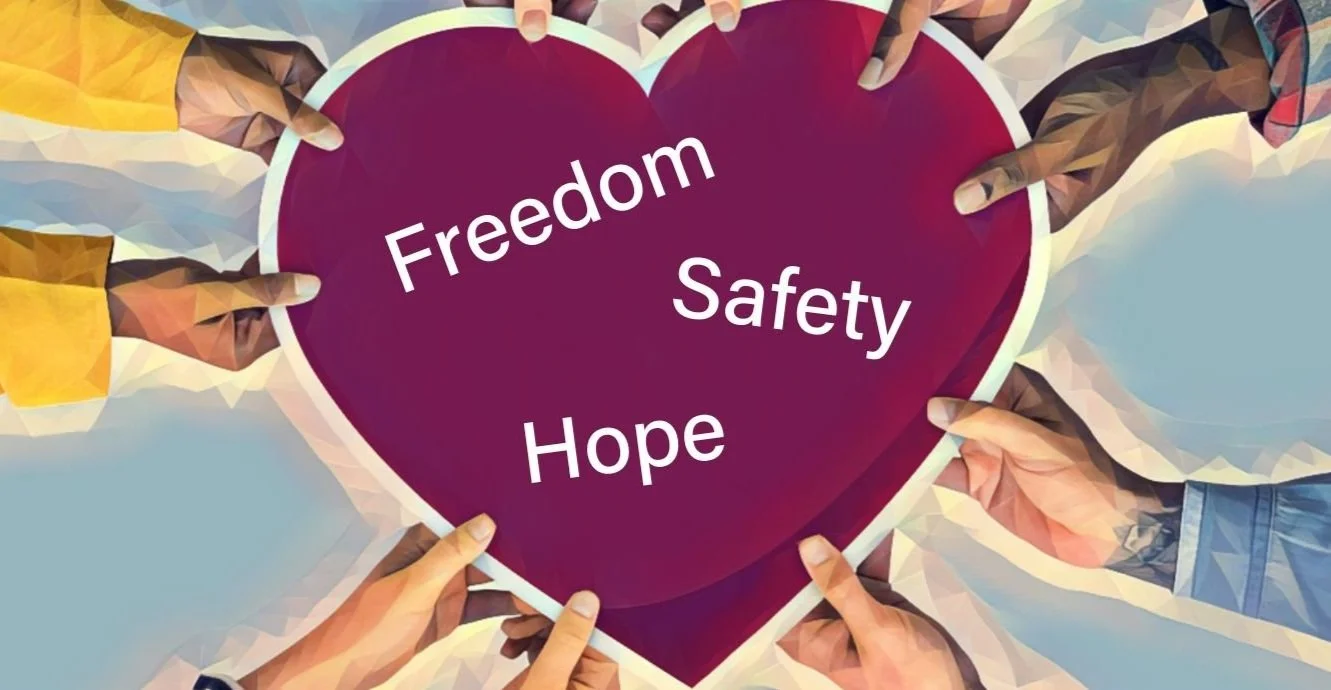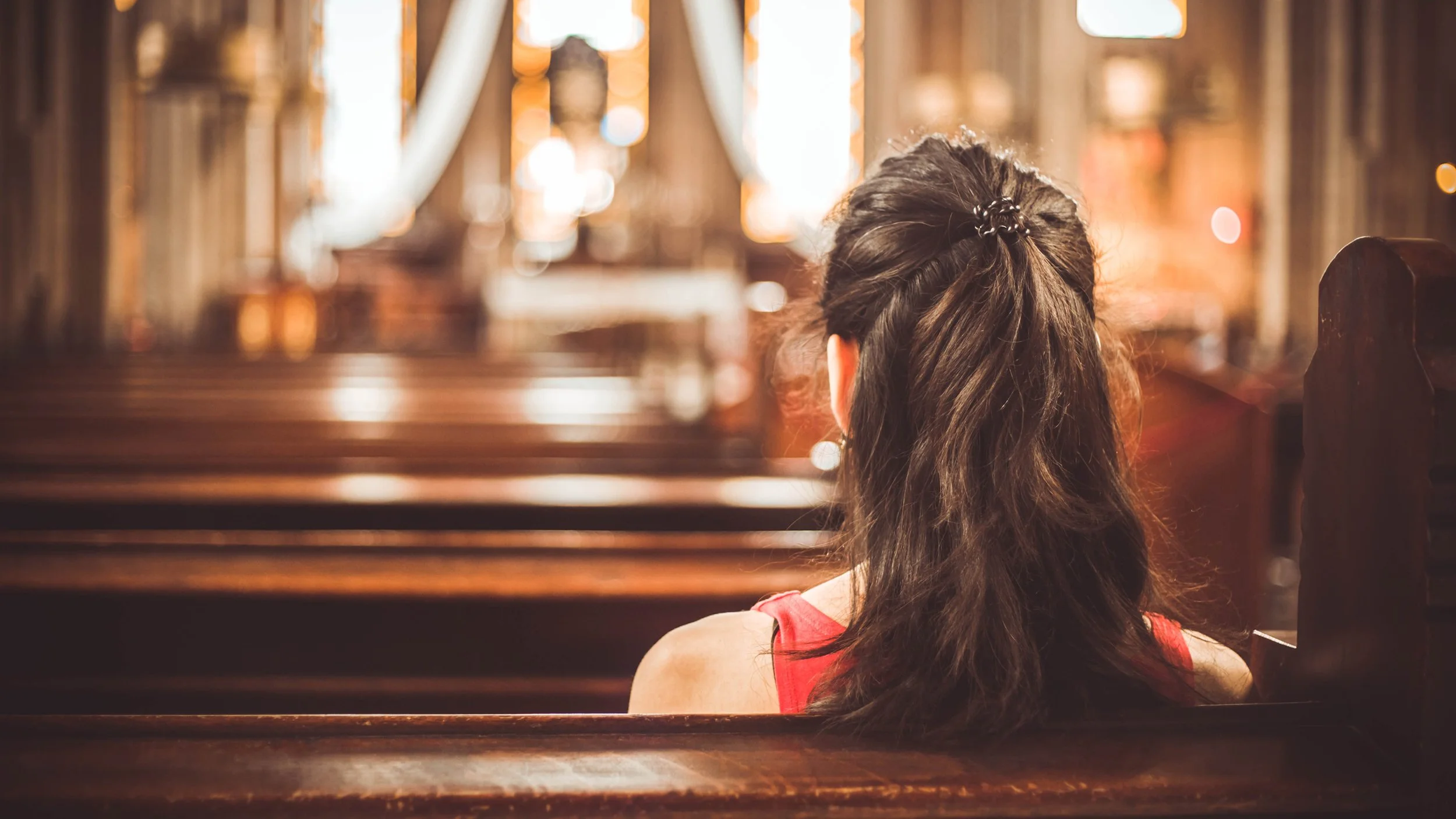Over the 11+ years REST has been walking alongside victims and survivors of sex trafficking and the sex trade, we’ve heard countless stories and reasons why survivors don’t feel welcome in churches—even when they are devout Christians.
Resolve to End Homelessness With Us
At REST, we know that there is a massive overlap in sexually exploited individuals and homelessness. Data shows that 84% of survivors of sexual exploitation have endured homelessness. A local study by Deborah Boyer, Commercially Sexually Exploited Children in Seattle/King County 2019 Update, demonstrated that 46% of sexually exploited youth in our community were homeless at the time of the study—and 66% of them had faced homelessness.
Racism and Pornography
10 Ways You Can Help End Sexual Exploitation
“What can I do?” We hear this question—in all of its nuances—a lot at REST—and we love this question.
When first learning about the problem of sex trafficking and sexual exploitation—that thousands of women, men, and children are being exploited right here in the United States every day, it can be paralyzing. It can feel hopeless. The problem can feel too big for any one person to make a difference.
But—as long as there are people who respond to hearing of pain and suffering with the desire (met with action) to make the world a better place—there is hope. As long as people are still asking the question, “What can I do?” or, “What can *I* do?”, we will respond with options.









